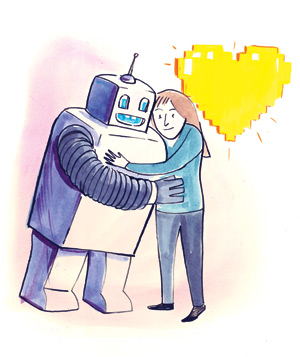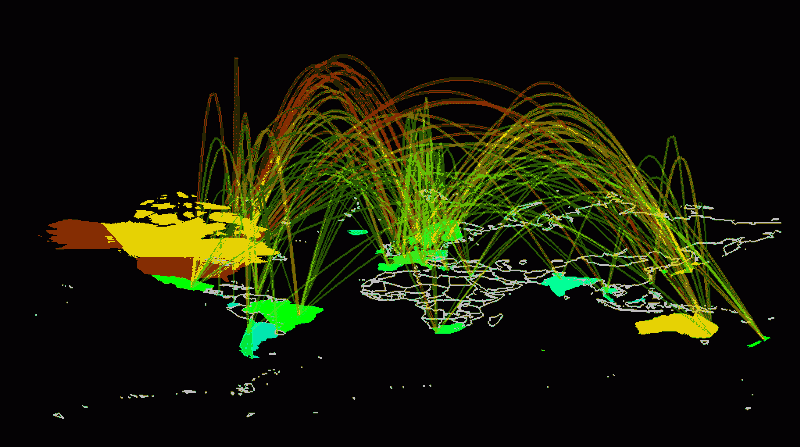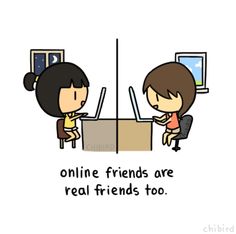The future of cyborgs, robotics, and artificial intelligence is most likely unimaginably vast. I say most likely because there’s no way to know for sure. In the 19th century steam-powered machinery was the leading technology, but coal-powered technology swooped in and left steam-power in the dust. It was such a sudden takedown that an entire fantasy culture known as Steampunk has been built out of that what-if idea, imagining how things might have been if coal had never taken over.

However, for the sake of staying on topic, let’s just assume that the track we are currently on is the track we will stay on indefinitely, with no surprises. In that case, I agree with Kevin Kelly when he says, “It may be hard to believe, but by the end of this century, 70 percent of today’s occupations will likewise be replaced by automation” (Kelly, 2012). It doesn’t matter how we personally feel about it, but robots and automation will eventually take over the majority of the jobs we have today. It will be overwhelming, and it will seem merciless, but it will happen. Robots are just better at detail-oriented jobs.

The Robots Are Coming
When Kelly talks about people mistrusting robots to perform tasks that are, objectively, better suited to robots than people, I admit that I fall into that category. While it may be true that “A brain known as the autopilot can pilot a 787 jet unaided,” I definitely feel more comfortable irrationally placing “human pilots in the cockpit to babysit the autopilot ‘just in case’” (Kelly, 2012). I believe that there are certain situations the autopilot can not or should not handle, and when it comes to the human lives that may be on the plane I feel much more comfortable leaving it in the hands of human pilots. However, that’s not the main point here. The main point is, although I, too, distrust leaving everything in the hands of automation and robots, I can accept that society is heading in that direction. Whether or not pursuing this future is “ethical” does not matter, the way I see it. I don’t think ethics really come into it, as much as people love to argue back and forth over how ethical certain courses of action may be. Ethical or unethical, the robot takeover is coming. It’s cheaper, it’s more efficient, and it often produces higher quality products. These are all things that we value in today’s society, and those who don’t value those things are rarely in a position to affect the progress of computerized innovation. I think this future is just something we need to accept with as much of an open mind as possible.
TL; DR
Modern society is heading towards a robotic industrial revolution, and that’s just how it’s going to be. You can argue ethics until you’re blue in the face, but it’s just a fact that unless something catastrophic and borderline apocalyptic happens, the robots are coming. Embrace it.

Citations:
Kelly, K. (2012, December 24). Better than human: Why robots will – and must – take our jobs. Retrieved April 22, 2016, from http://www.wired.com/2012/12/ff-robots-will-take-our-jobs/


